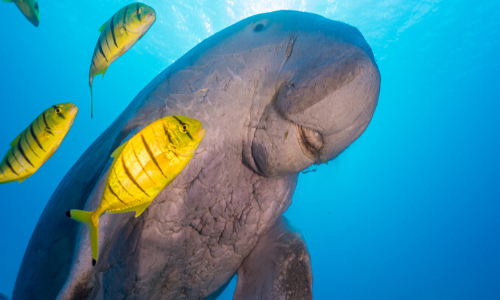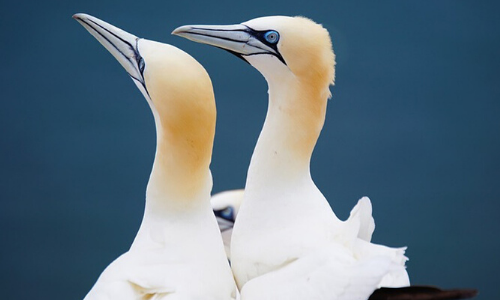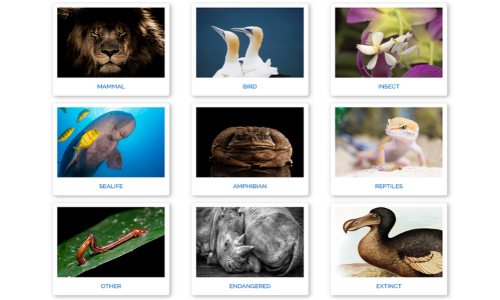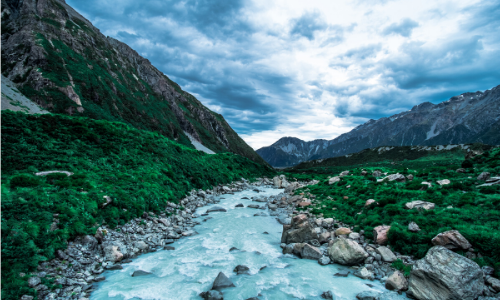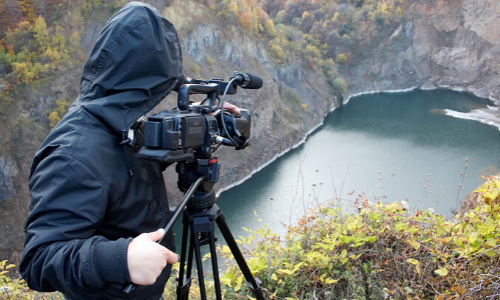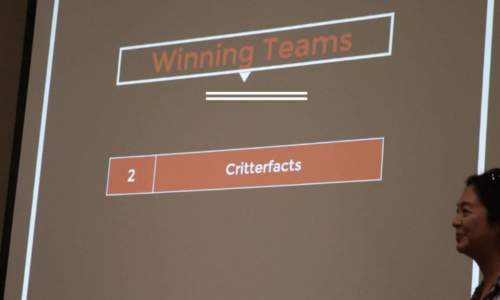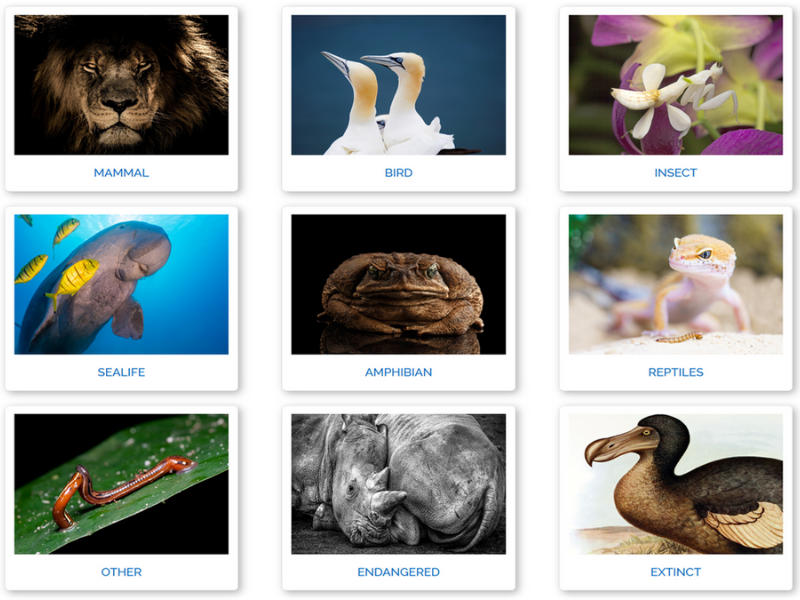Space: The Final Frontier. Right?
No?
It’s no secret that much of the ocean is unknown. Some estimate that more than 80% remains unexplored and less than 10% of the global seafloor has been properly mapped. We know more about the surface of Mars than we do about the bottom of our own ocean. For something that we all rely on for food, livelihood, recreation, and the very air we breathe, we know remarkably little about it.
With the ever-increasing threat of global climate change, more and more are looking to the ocean for creative solutions for mitigation and adaptation. In 2015, the United Nations put forth an ambitious agenda of 17 goals with 169 targets to be achieved by 2030. Number 14, Life Below Water, focuses on marine biodiversity conservation, sustainable fisheries, aquaculture, coastal resilience, small island/big ocean states and so much more. But what needs to happen at local and global levels for the targets to be achieved?

The Space Race of our generation: The Ocean Decade.
In addition to the 2030 Agenda, the UN announced The Decade for Ocean Science, promoting “the science we need for the ocean we want.” This initiative was designed to inspire a global effort to promote scientific exploration within the marine realm; to push governments to prioritize research efforts around ocean exploration, sustainable fisheries, deep sea mining, and climate change – all with an emphasis on international cooperation and collaboration. While ocean exploration remains not quite as sexy as the colonization of Mars or civilian space travel, it is critical to ensuring a healthy and sustainable future for all.
The Ocean Decade currently does not have the same fervor as the Space Race did in the 60s. But in order for it to be successful, to attain the science we need for the ocean we want, there must be public excitement and government funding around this kind of science (perhaps without the ever-present fear of impending nuclear fallout). Additionally, the goals of the Ocean Decade cannot be reached solely by oceanographic inquiry.
Research, and its subsequent applications, must be transdisciplinary – meaning people from all disciplines need to be participating in this kind of research. The problems facing our oceans, the problems facing our humanity, and the solutions the ocean may be harboring, are not exclusive to the field of oceanography.

Recently, a handful of international heads of state came together to form the High Level Panel for a Sustainable Ocean Economy, putting the ocean at the center of post-COVID economic recovery. By pursuing more sustainable energy sources, fisheries, and aquaculture, the goal is to create more jobs and economic stability as we climb out of the pandemic in a way that is also not a detriment to the climate or the global community.
In order to create these kinds of jobs and understand its impacts on the global economy, we need the science to understand what fisheries are sustainable, where the fish stocks are and what governments have claim to them. We need to know what energy sources we can extract that won’t further harm the planet or whose production won’t have a disproportionately negative impact on marginalized communities. We need to know how coastal communities are going to be impacted by climate change as to better prepare them for increased storms and flooding.
Yes, we need the science. We need public funding to pursue the science. But we also need economists, anthropologists, historians, writers, artists, and public interest and engagement. There must be inspiration and demand for this kind of scientific pursuit. And beyond that, there must be utilization of that knowledge.
We might not all live close to the sea, but we certainly are all impacted by it. And the more damage we do to it, whether through mismanagement or passive inaction, we are doing damage to ourselves. The Ocean Decade provides an opportunity for all to find excitement and inspiration in the scientific process, as we did with the Space Race. I don’t know that there will ever be something as pithy or impactful as “we will put a man on the moon” but let me say this;
To do right by the ocean, is to do right by us all.




